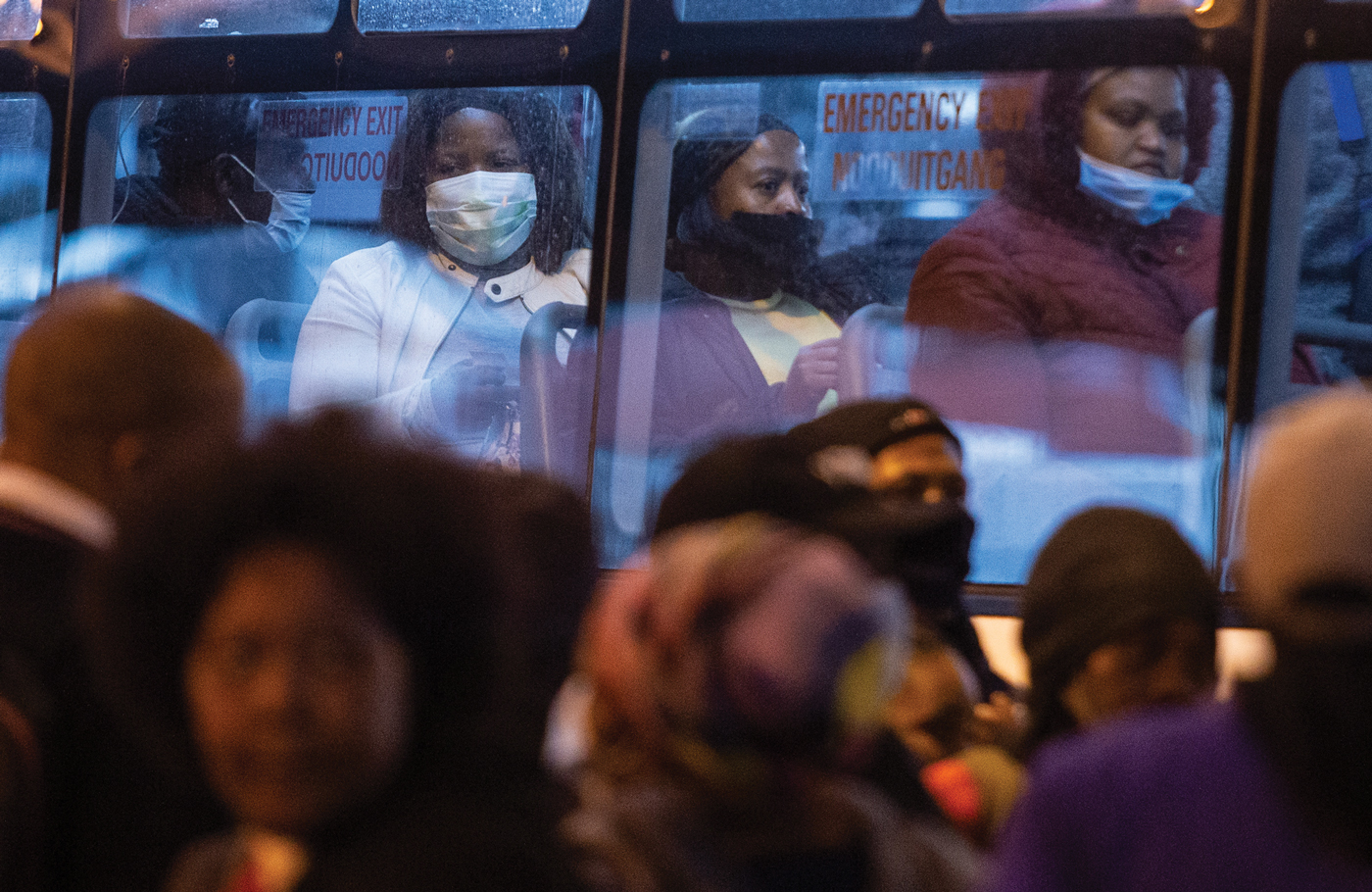Fuel price hike cripples bus and coach operators
Fuel price hike cripples bus and coach operators
SABOA is extremely concerned that the current record levels of fuel prices and the latest increase announced for June 2022 are going to have a dire and negative impact on the industry. BAZIL GOVENDER warns that the extended value chain, as well as the commuting public at large, will also be impacted.
Fuel costs comprise 30% of total operating costs (TOCs) within the bus industry. As of December 2021, the year-on-year impact was a TOC increase of 13,1% for diesel alone. By the end of May, the impact for 2022 was an already over 5,5% increase in TOCs. The June increase will push this even further.
According to Stats SA, the Transport Cost Index increased by 14,7% year-on-year in April; the bus industry is certainly experiencing this type of cost pressure. Whilst the industry is appreciative of relief in the form of the extended reduction in the fuel levy announced by Treasury, the projected fuel price forecast does not bode well for companies’ TOCs.
In most cases, wherever practical, operators have engaged with all service providers to ensure the implementation of other cost containment methods. However, these options are now not only saturated, but at a breaking point.
The resultant cash flow constraints and financial pressures brought about by the Covid-19 pandemic impacted profitability, with a direct correlation to a declining fleet age and increasing maintenance costs.
In a declining market, due to a decrease in commuter numbers, the concern is around the future financial outlook and sustainability of the bus industry. This mass transport sector cannot be allowed to collapse after the demise of PRASA.
In the main, operators in all sub-sectors of the bus and coach industry are reaching a point of no return – this will result in solutions being sought around the fare box. These options will inevitably mean a range and/or combination of adjustments. These could result in commuting costs and fares being increased by higher than Consumer Price Index-related levels more than once a year (deviating from the traditional annual fare increases), and as a series of adjustments for fuel-related cost recoveries.
This will happen to mitigate the blow of the high fuel increases and in an effort to ensure continuity of services. Any and all of these options will directly impact the commuting and travelling public.

It must be noted, however, that operators are not always able to pass the full impact of the massive fuel price increases on to passengers. There are inherent contractual and operating conditions that require extensive engagements and consultations before implementing fare increases. In most cases, commuters would simply not be able to afford these increases. Past experience has shown that forced direct transfer of increase in costs has had negative reception and outcomes. This process could result in further passenger losses and protests or boycotts of public transport.
In the mainstream public transport bus operations funded by the Public Transport Operating Grant (PTOG), the average cost impacts of the fuel price increases range from R3 to 5 million per month. The compounded effect over the three-month period from April to end of June 2022 is likely to be an increase in fuel costs in the region of R11 million. Another aggravating factor is the extremely incongruent timing of the 0,43% decrease in the PTOG for the 2022/2023 financial year.
The industry approach is clear: should the fuel price continue to increase as predicted, and if no assistance is forthcoming from government to assist operators, there will be no option but to implement further fare increases directly related to fuel price increases. These could be as high as 22% on the regular high service corridors. If the industry is unable to recover the cost increases from passengers and if no assistance from government is forthcoming, operations that render services to the communities that are dependent on public transport may be affected.
The debilitating impact will extend to the sectors covering scholar learner transport, as well as inter-city, long-distance services, and tour operators, with possible wide-ranging impacts on mobility and travel.
It is therefore critical that government – in particular the Department of Transport, the Minister of Transport, and Treasury – urgently engage with SABOA and related industry associations to seek mechanisms that can mitigate this uncharted environment relating to record high fuel prices. SABOA will continue to engage with the National Department of Transport and seek engagement with the Ministry of Transport to explore options for mitigation and further relief, so that the public and commuters can continue to access safe, reliable, and affordable public transport.
Published by
Bazil Govender
focusmagsa




